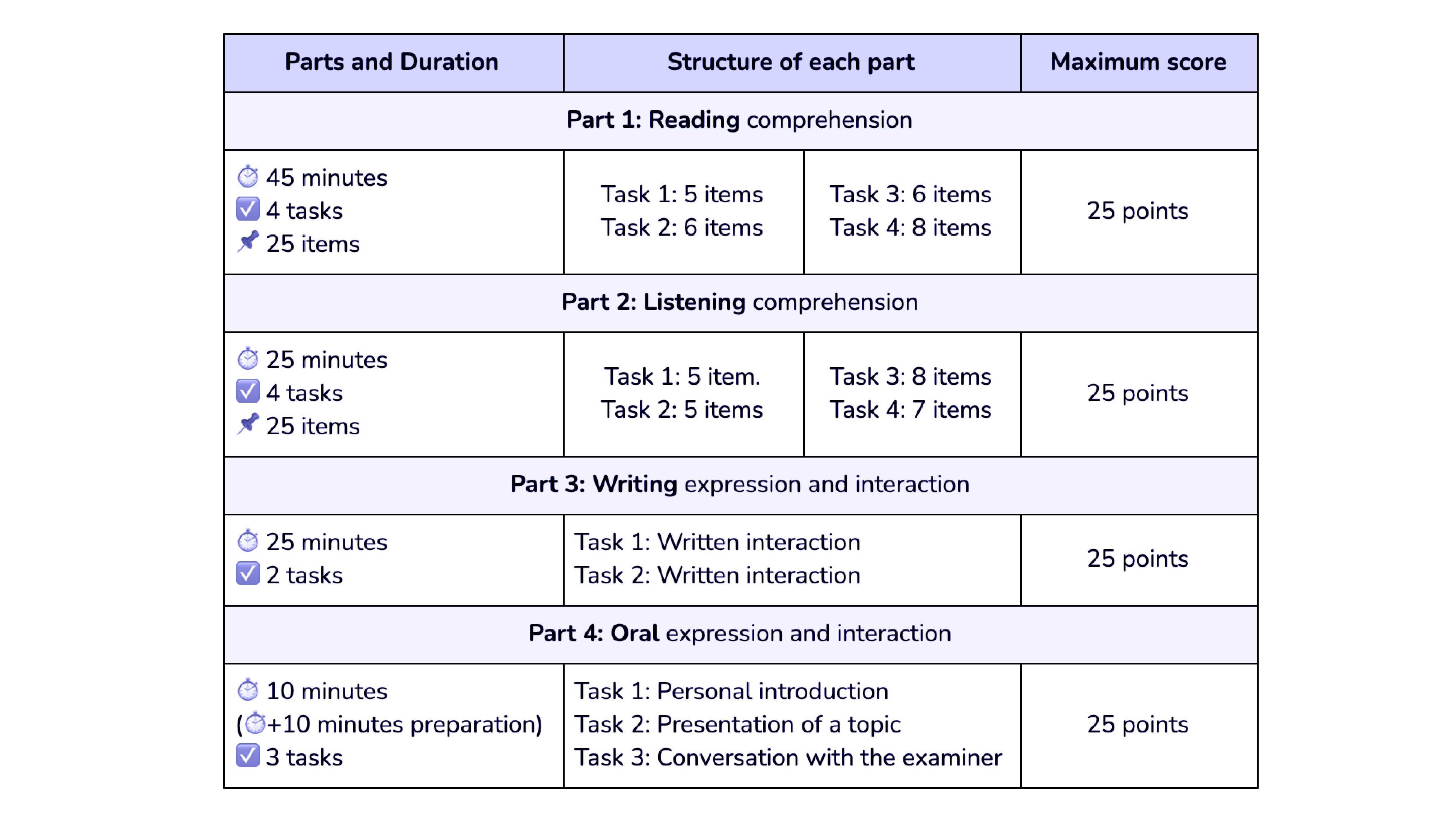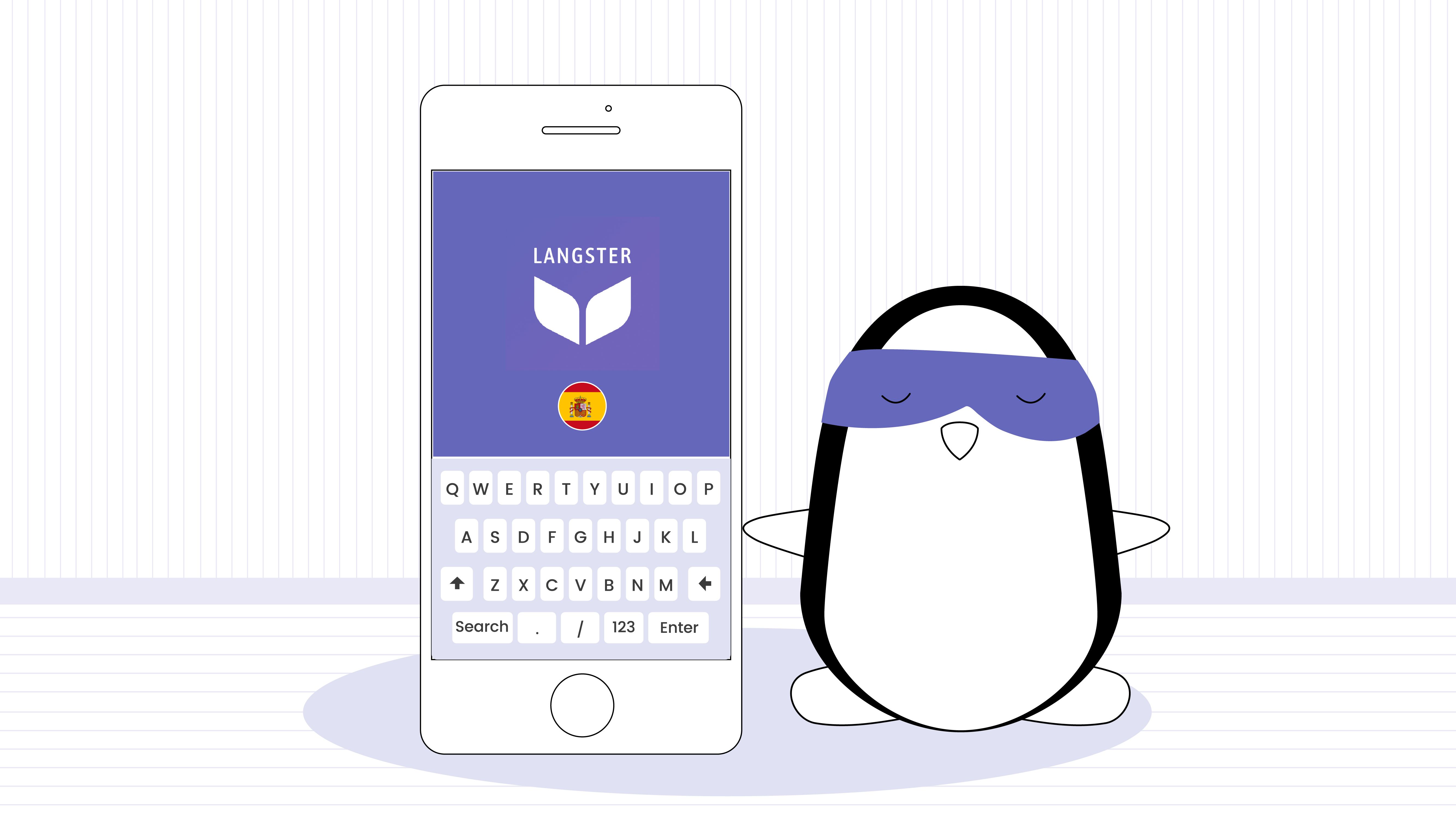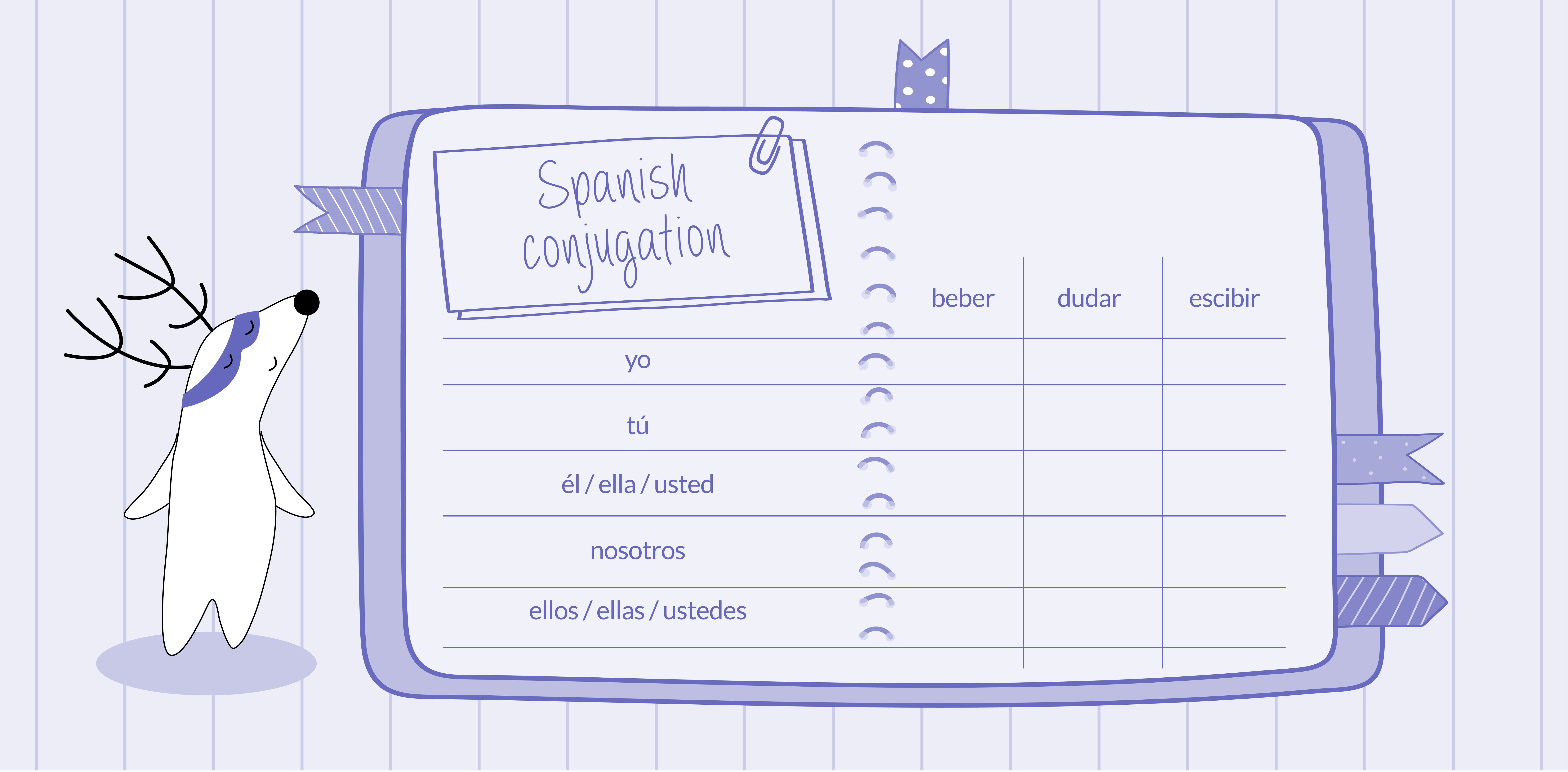
Learning Spanish is the gateway to a rich, diverse cultural experience and can expand opportunities in both your personal and professional life. Whether you're a casual learner or aiming for fluency, undertaking a Spanish level test can not only benchmark your skill level but provide a valuable certification.
This review article explores various proficiency tests available for Spanish learners, their distinctive features, and, ultimately, our editor’s top recommendation. Each test is designed to assess different competencies and provides a unique approach to evaluating your mastery of Spanish words, vocabulary, grammar, and other features.
Understanding the variations among these tests will help you decide which is the most suitable for your goals and circumstances.
Learn Spanish with Langster
Who Should Take Spanish Proficiency Tests and Why
Taking a Spanish proficiency test is beneficial for various groups of individuals, including students planning to study in Spanish-speaking countries, professionals seeking employment in multinational companies, and travelers desiring to enhance their experiences abroad.
These tests not only validate your language proficiency for educational institutions and employers but also boost your confidence in using the language in daily interactions and professional settings.
For learners at any level, a proficiency test serves as a milestone to measure and gauge progress, pinpoint areas for improvement, and formalize their dedication to mastering the language.
DELE — Diploma de Español como Lengua Extranjera
The Diploma de Español como Lengua Extranjera (DELE) is an official qualification demonstrating one's competencies and mastery of the Spanish language.
It's offered by the Instituto Cervantes on behalf of the Spanish Ministry of Education and Vocational Training. It includes reading, listening, writing, and speaking. Unfortunately, the exam is not free, but it's very affordable.
- Recognized worldwide.
- Available at six levels according to the Common European Framework of Reference for Languages (CEFR), from A1 for beginners to C2 for mastery.
- Tests all areas of language competence.
What Makes DELE Unique
- Officially recognized by many educational institutions and employers.
- No expiration date on the certificate.
DELE Escolar — DELE for School-Age Students
Specially designed for younger learners, the DELE Escolar is tailored to school-age children to validate their Spanish proficiency.
- Tailored materials for a younger audience.
- Aligned with CEFR levels but adapted for school contexts.
What Makes DELE Escolar Unique:
- Makes assessing Spanish proficiency accessible for children and teenagers.
- Encourages language learning at a young age.
SIELE — Servicio Internacional de Evaluación de la Lengua Española
SIELE certifies the degree of proficiency in Spanish through four tests that assess different language skills. It’s promoted by the Instituto Cervantes, Universidad Autónoma de México, Universidad de Salamanca, and Universidad de Buenos Aires, so you can test your Spanish level.
- Flexibility — candidates can take the full exam or only specific sections.
- Confers a certificate scoring the equivalent to the CEFR levels.
- Results received in a short time frame.
What Makes SIELE Unique
- The scores are valid for five years.
- Offered in a digital format.
CELU — Certificado de Español: Lengua y Uso

The Certificado de Español: Lengua y Uso (CELU) is an assessment primarily used in Argentina. Unlike other proficiency exams, CELU evaluates practical language use rather than academic knowledge.
- Recognized in Argentina and by select institutions in Brazil and China.
- Offered at two levels — Intermediate and Advanced.
What Makes CELU Unique
- Focuses on everyday language usage.
- Test candidates on real-life situations.
CCSE — Citizenship and Sociocultural Knowledge Test

While not a traditional language proficiency test, the CCSE is crucial for those seeking Spanish nationality, as it assesses knowledge of Spanish social and cultural realities in addition to language skills.
- Mandatory for those applying for Spanish nationality.
- Multiple choice questions on constitution, society, and culture.
What Makes CCSE Unique
- It’s a legal requirement for specific immigration procedures.
- It's more of a culture test than a language test, which includes aspects of civics.
Editor’s Pick: Which is “The Best” Spanish Proficiency Test?
With various options offering unique benefits, the decision often comes down to personal needs and objectives. If we must choose, the DELE stands out as "the best" for its extensive international recognition and permanence of certification.
The DELE exam considers a comprehensive range of language skills across all CEFR levels, making them the focus of assessing your complete Spanish capabilities.

In our opinion, having completed the DELE exam, you gain a lifelong credential, which portrays a significant advantage in your academic and professional endeavors. Its structure ensures thorough evaluation, rendering it a quiz that grants lifelong validity to your linguistic accomplishment.
The Bottom Line

When reviewing options for assessing your Spanish proficiency, it's crucial to account for various factors, such as your goals, intended use of Spanish, and the resources you're willing to invest.
While every exam has its strengths, the DELE stands out for its widespread recognition and lifelong validity, ensuring your achievement endures the test of time. Consider your score in English, as it may provide more insights into your readiness for the DELE.
Choose wisely, and pave your way to a future rich in Spanish communication. And, if you need more help with learning Spanish, why not start your journey with Langster today? Make learning Spanish easier and more enjoyable than ever.
Learn Spanish with Langster









